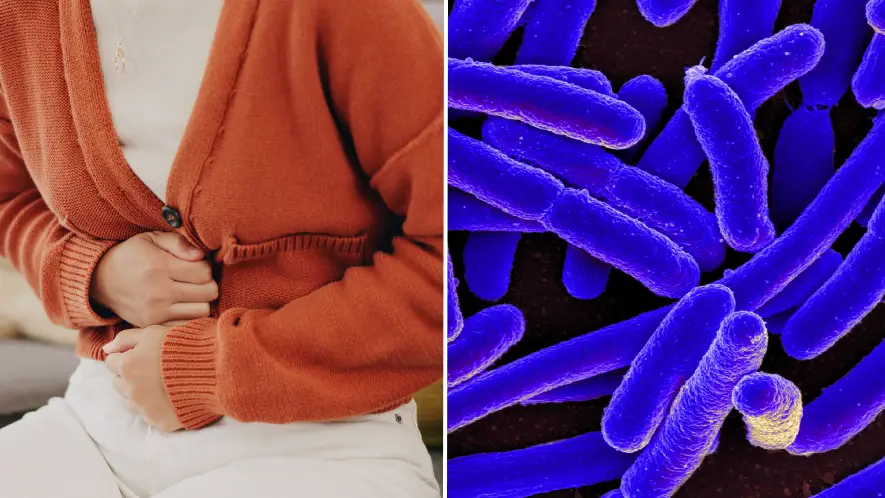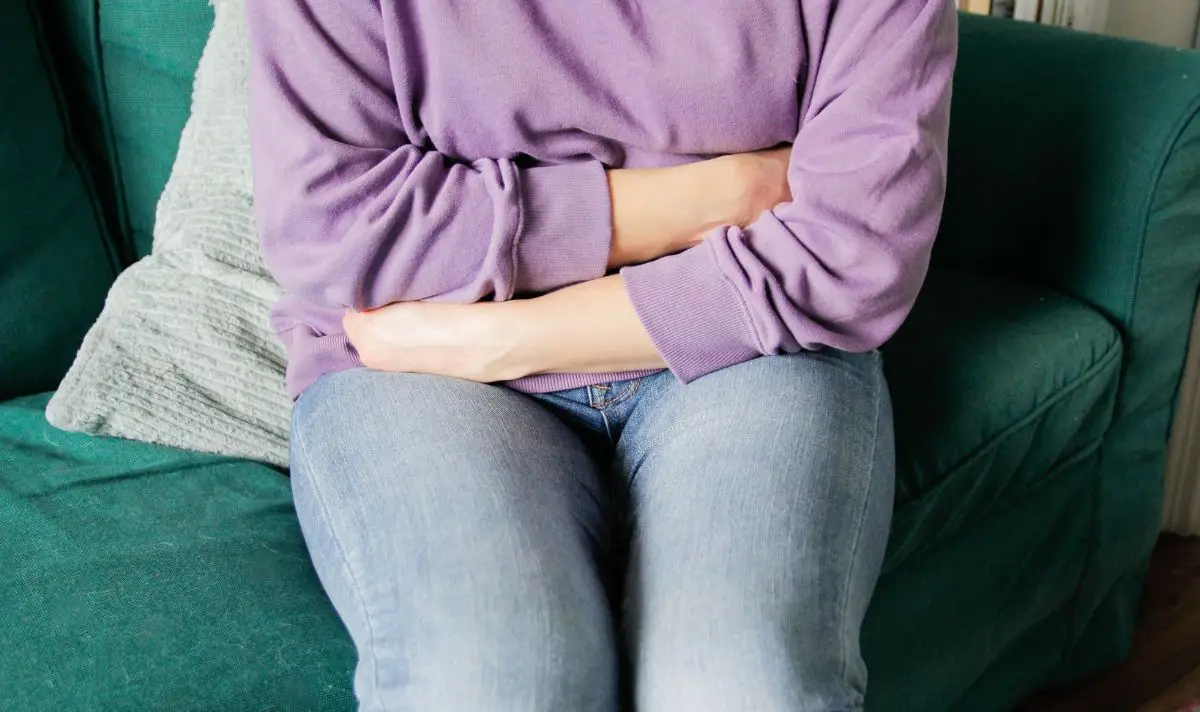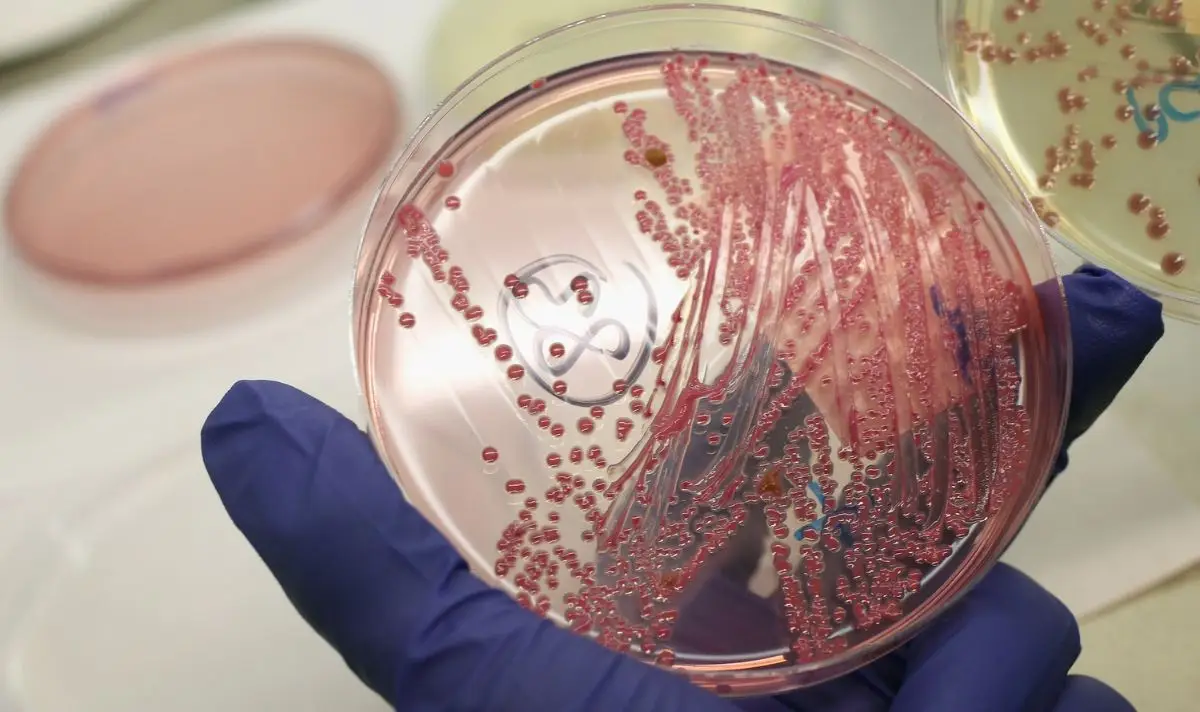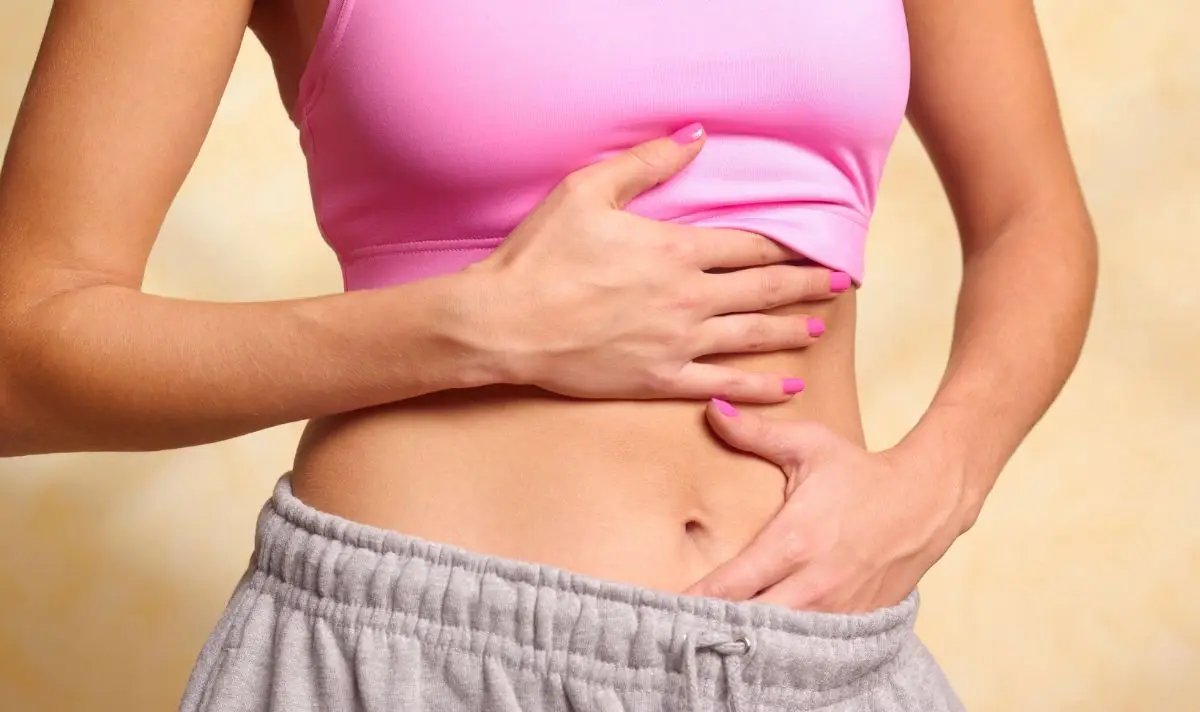
The NHS has penned some sage advice for E. coli sufferers - including defining what the bacterium is, explaining major illness symptoms and how you can recover quickly from an infection.
An E. coli outbreak linked to organic carrots in the US has left one person dead and a further 15 hospitalised, promoting the vegetable to be recalled by suppliers.
Children under five, adults over 65 and people with weakened immune systems are at increased risk of suffering from this infection, alongside international travellers.
But what actually is the infection, why does it make you ill and how serious can it become?
Advert
What is E. coli?
E. coli, known by its full name Escherichia coli, is a group of bacteria that normally live in a healthy person or animal's GI tract.
While usually unharmful, certain strains of the bacterium can unfortunately make you ill.
These strains cause mild infections, such as gastroenteritis - the inflammation of the small intestine.
Watery diarrhoea and other digestive issues are common symptoms of gastroenteritis and are mild compared to strains that produce the Shiga toxin (STEC).
The Cleveland Clinic states that STEC infections can cause serious illnesses, such as prostatitis, pelvic inflammatory disease (PID) and even Gallbladder infection.
If E. Coli gets into your urinary tract, then you could suffer a urinary tract infection (UTI) and perhaps a bloodstream infection.
Rare cases could see you developing pneumonia and meningitis.

What are the symptoms of E. coli?
There is a wide range of symptoms due to the different types of E. coli strains you could come into contact with.
Symptoms of E. coli gastroenteritis include watery and often bloody diarrhoea, excruciating stomach pain, cramps and even a loss of appetite.
The NHS states that people usually notice symptoms between three to four days after they’ve been infected. However, other strains can make you sick within hours.
If E. coli has infiltrated your urinary tract, then symptoms you may experience include abdominal or pelvic pain, and a burning sensation when passing foul-smelling pee.
What is behind the recent E. Coli outbreak?
US officials have issued an urgent warning following a new outbreak of E. Coli, which has been linked to organic carrots.
A statement from the Centers for Disease Control and Prevention (CDC) said: “CDC and public health officials in several states are investigating a multistate outbreak of E. coli O121 infections linked to multiple brands of recalled organic whole bagged carrots and baby carrots sold by Grimmway Farms.
“Carrots on store shelves right now are likely not affected but may be in people's homes. If you have any recalled carrots in your home, throw them out or return them to the store.”

The main advice from the CDC is to obviously ‘not eat any recalled bagged organic carrots’, with shoppers told to check their refrigerators and freezers for the specific recalled products.
“Wash items and surfaces that may have touched the recalled organic carrots using hot soapy water or a dishwasher,” it added.
Grimmway Farms has also stated they are ‘voluntarily recalling these carrots after the Centers for Disease Control and Prevention reported that these products may be associated with an outbreak’.
LADbible Group has previously reached out to Grimmway Farms for comment.

What should you do if you have E. Coli?
There are no current treatments that can cure infection, relieve symptoms or prevent complications caused by an E. coli infection, states Mayo Clinic.
Instead, infected people are advised to rest and drink plenty of fluids to help prevent dehydration and fatigue.
The NHS writes that antibiotics are not recommended as they may increase the risk of complications.
Similarly, it’s said that you should avoid taking anti-diarrhoea drugs such as loperamide (Imodium). This is because it may prolong your exposure to the toxin.
Topics: Health, Food and Drink, Advice, US News
